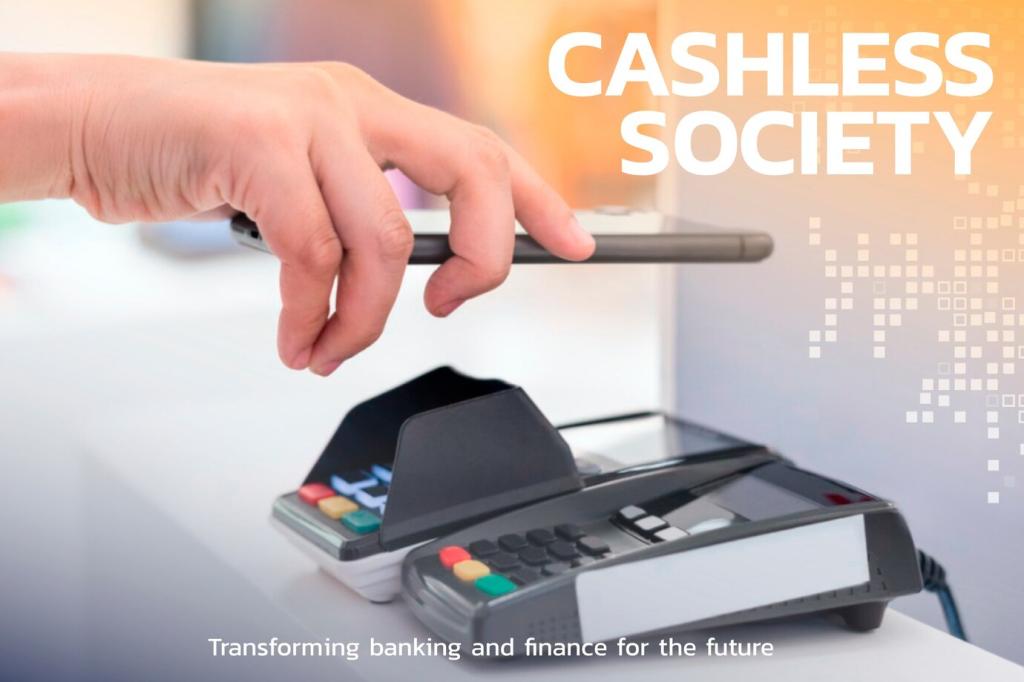Digital Inclusion as a Democratic Value
Community Wi‑Fi, device lending, and affordable broadband lift every other service. When a school district paired hotspots with digital mentors, attendance and parent engagement climbed. What connectivity barrier most affects your household or neighborhood?
Digital Inclusion as a Democratic Value
Offline-first, low-bandwidth pages, and screen-reader perfection help everyone, not just a few. Designers should test on old phones in noisy rooms with spotty signals—real life conditions. Suggest one improvement that would make portals easier for your family.









